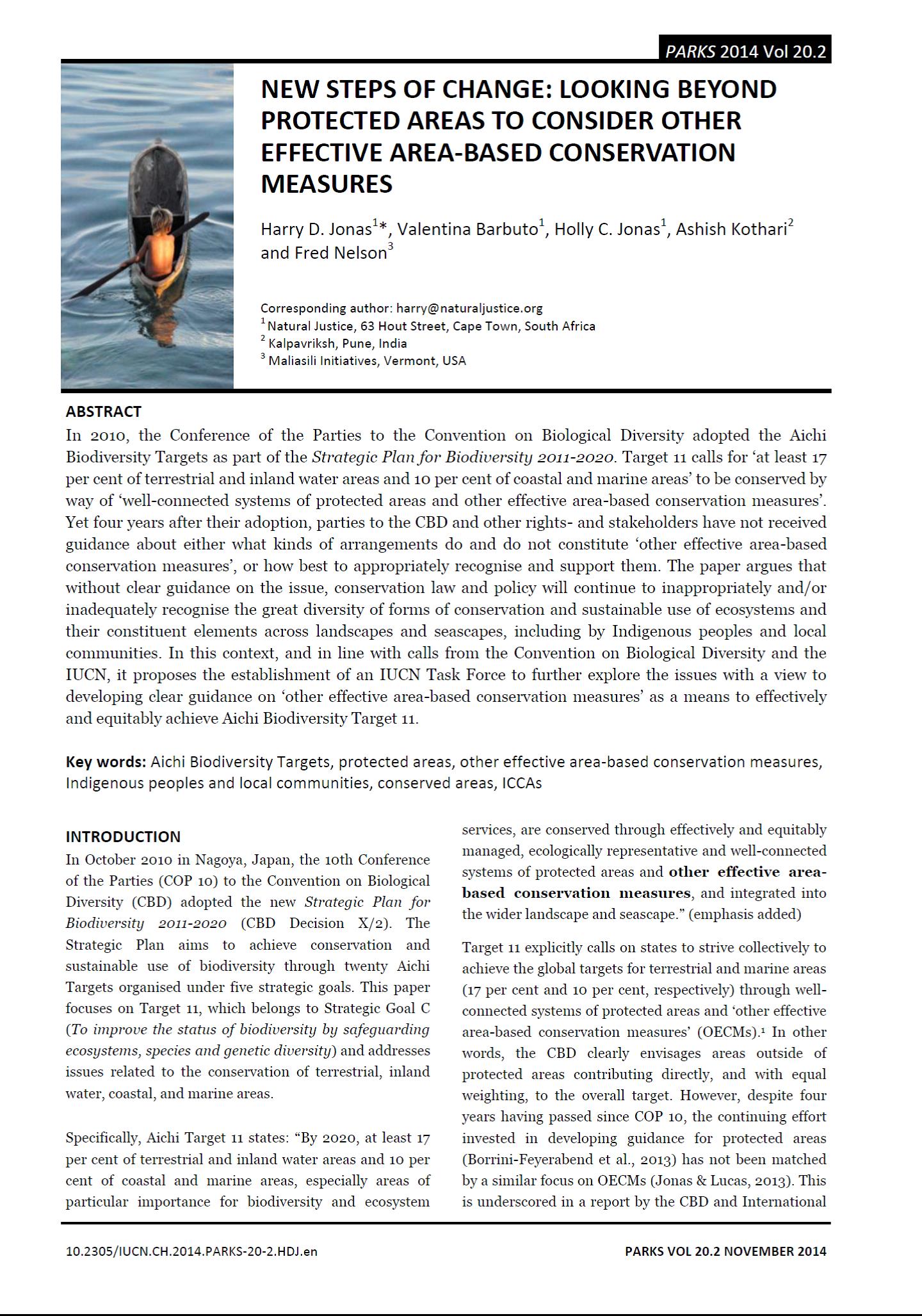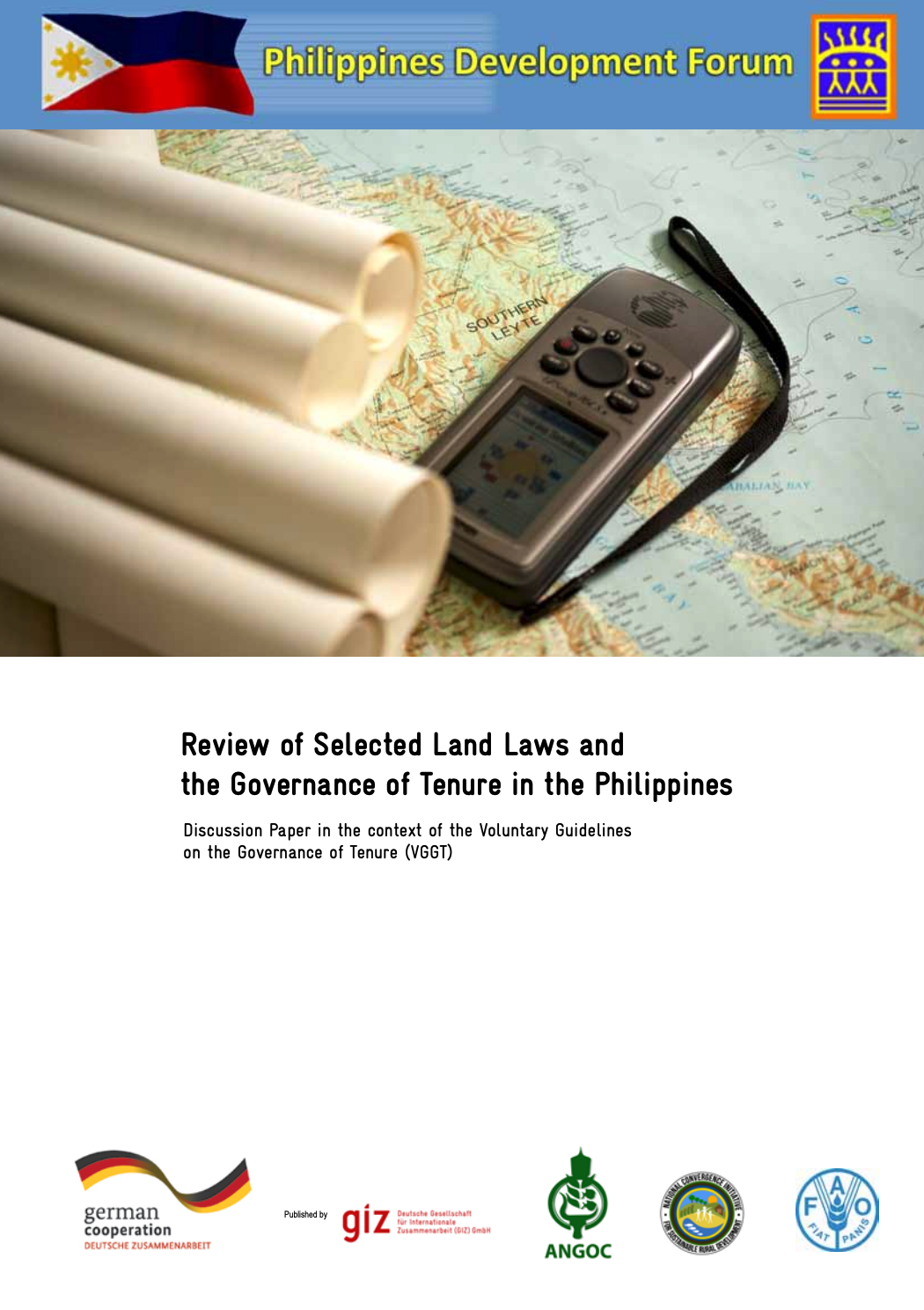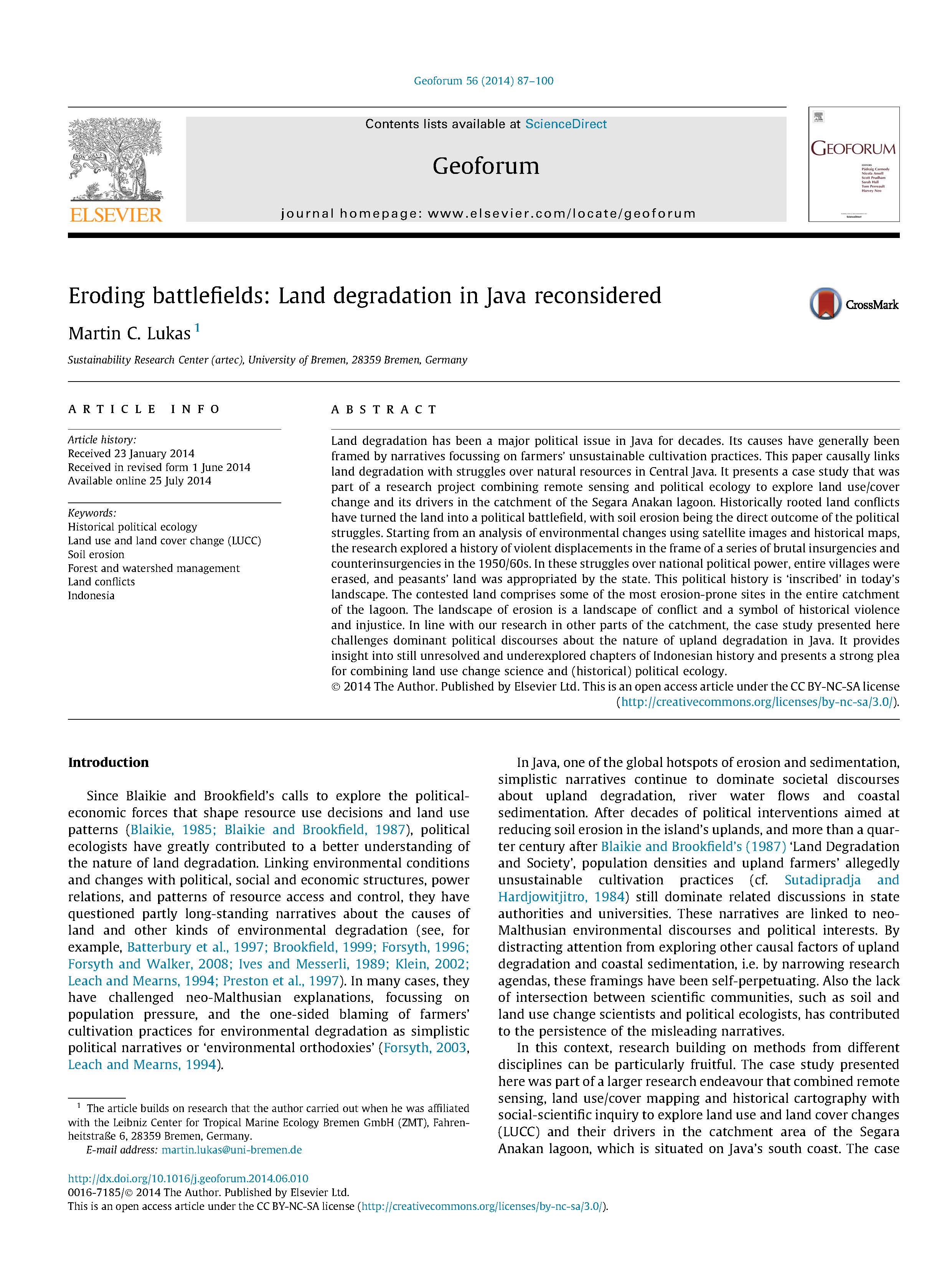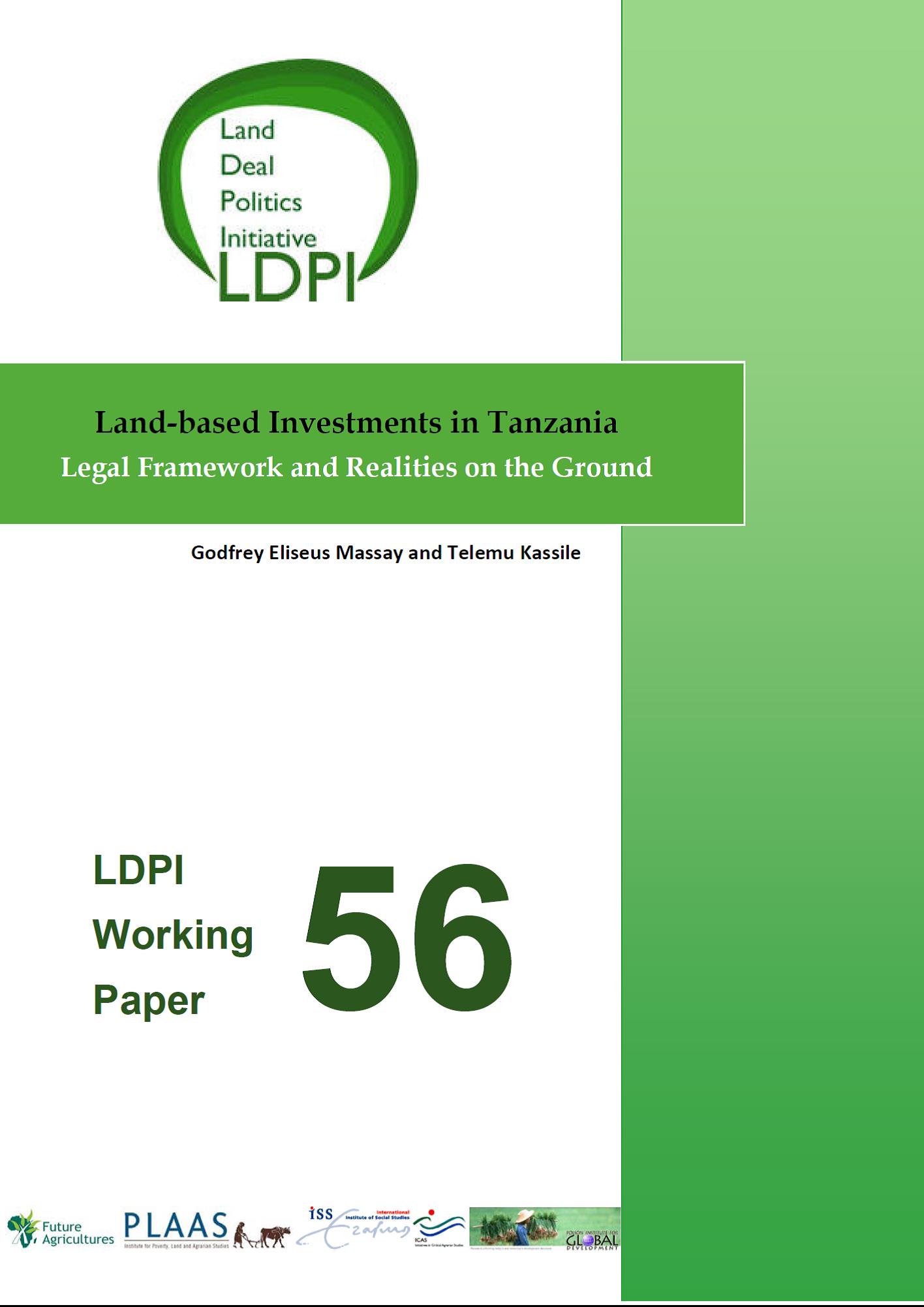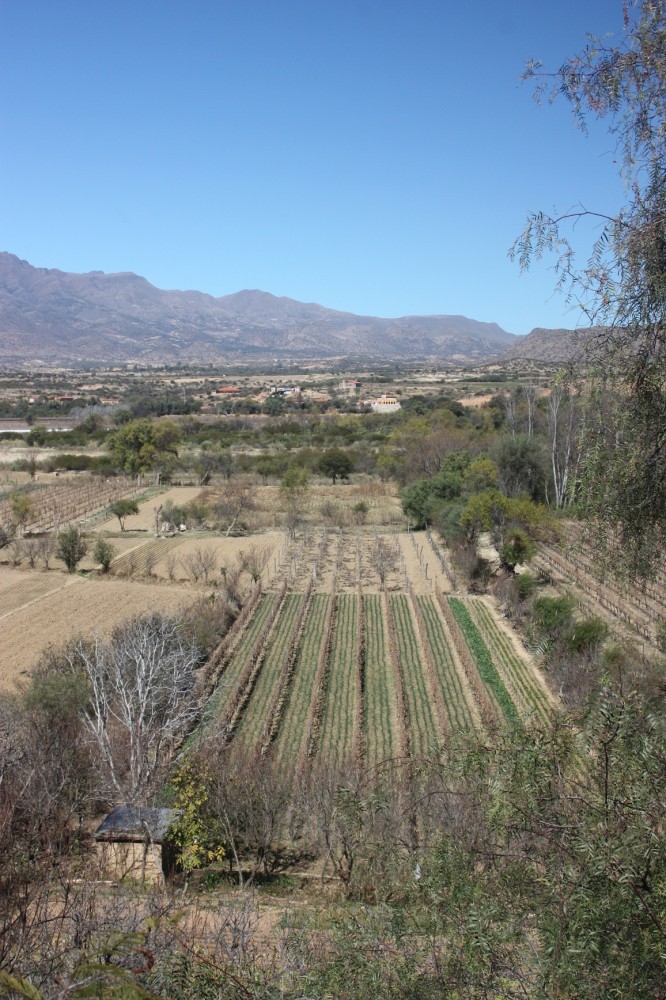New Steps of Change: Looking Beyond Protected Areas to Consider other Effective Area-based Conservation Measures
In 2010, the Conference of the Parties to the Convention on Biological Diversity adopted the Aichi Biodiversity Targets as part of the Strategic Plan for Biodiversity 2011-2020. Target 11 calls for ‘at least 17 per cent of terrestrial and inland water areas and 10 per cent of coastal and marine areas’ to be conserved by way of ‘well-connected systems of protected areas and other effective area-based conservation measures’.

